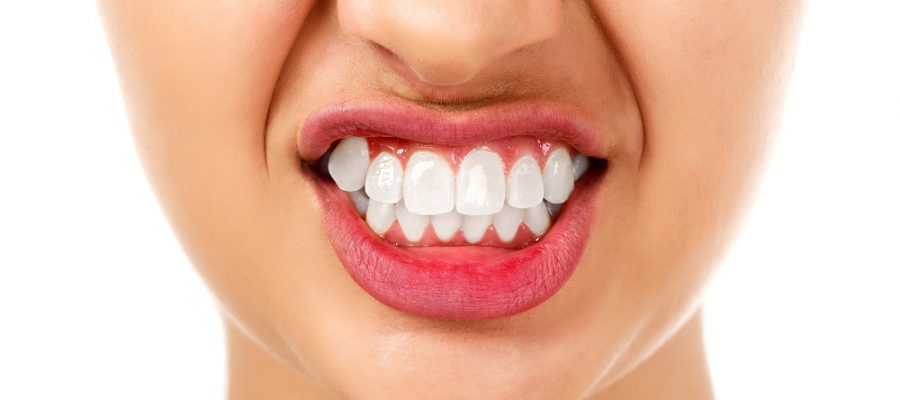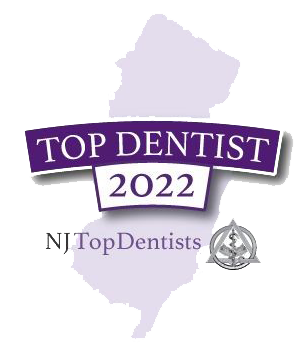
Consequences of Teeth Grinding — Other than TMD

Teeth grinding (bruxism) is a common risk factor for temporomandibular joint (TMJ) disorder (TMD). But the effects of teeth grinding don’t stop there. In this blog post, Dr. Ivan Stein and the team at the Headache & TMJ Center for New Jersey explain four serious consequences teeth grinding can have, if left untreated.
Cracks and Broken Fillings
Over time, enamel (the outer layer of the tooth) erodes through natural wear and tear. Grinding teeth can exacerbate this process. The rapid loss of tooth enamel leaves you susceptible to issues such as chipping and cracking. If left untreated, these issues can lead to cavities, gum disease and nerve damage.
Loose Teeth
Constant teeth grinding can stretch the periodontal (gum) ligaments, which join the teeth to the supporting bone. When the ligaments stretch out, the tooth becomes loose and vulnerable to a number of dental issues including more wear and tear and infection.
Gum Recession
Gum recession occurs when your gums pull away from your teeth, exposing the tooth root and making it vulnerable to a number of issues. Teeth grinding is a leading cause of gum recession. Grinding can lead to pockets along the gum line. Bacteria can lodge into these pockets, leading to gum disease. If left untreated, gum recession can occur.
Tooth Sensitivity
Tooth sensitivity can be caused by a number of things, including the dental problems mentioned above and teeth grinding. In the case of teeth grinding, the excessive wear and tear of the teeth strips the enamel and exposes dentin, an underlying component of the tooth. Exposed dentin can lead to extreme tooth sensitivity to heat and cold.
Contact Headache & TMJ Center of New Jersey
If you are experiencing dental problems caused by teeth grinding, schedule an appointment with your dentist right away. If teeth grinding has led to jaw pain and other problems including ear pain and headaches, reach out to Dr. Stein at the Headache & TMJ Center of New Jersey. The experienced doctor can evaluate your jaw and symptoms, and create a treatment plan designed to alleviate your jaw pain. Schedule your appointment by calling (855) MTJ-DOCS or (855) 865-3627 today.

